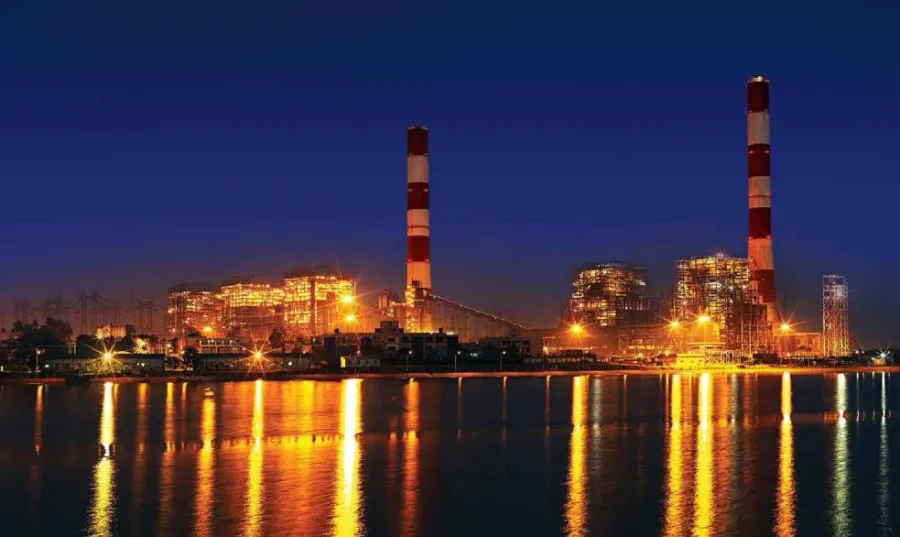
India imposes fresh emission rules on 57 thermal plants
The plants need to follow the requirements in 28 months.
The Indian Supreme Court has given a deadline of 28 months, until December 2021, to 57 domestic power plants so that they can meet emission standards for sulphur oxide (SOX) and particulate matter (PM). All the concerned facilities have an installed capacity of 500 MW. National Thermal Power Corporation (NTPC) owns 48 of the plants targeted by the Supreme Court, while Damodar Valley Corporation (DVC) owns the remaining 9 other plants.
These units are spread in several Indian states, of which in particular Odisha, Madya Pradesh, Bihar, Andra Pradesh. The two companies requested an extension of the deadline for the implementation of the emission norms for the power plants, which are all located in dense and polluted areas.
This article was originally published by Enerdata.
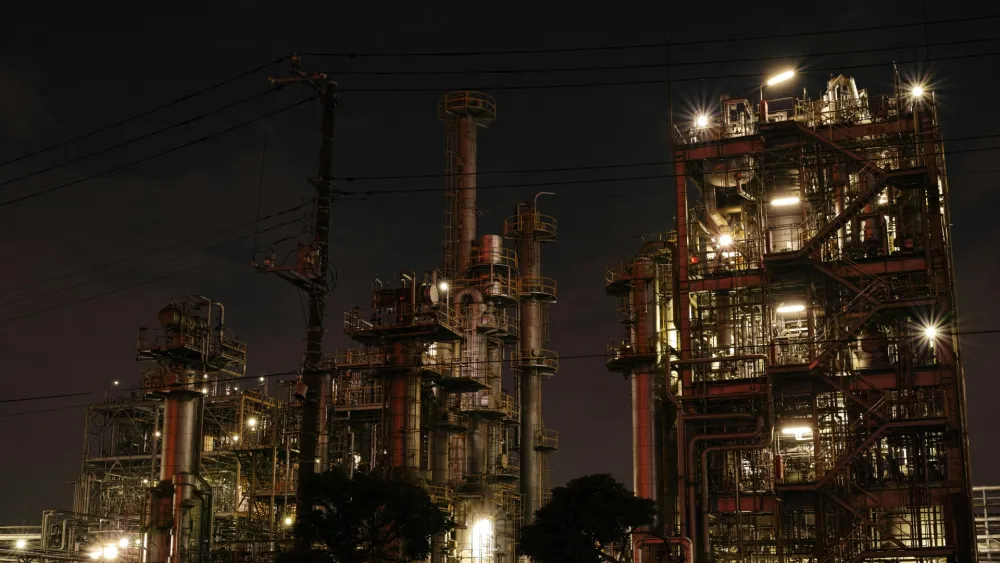
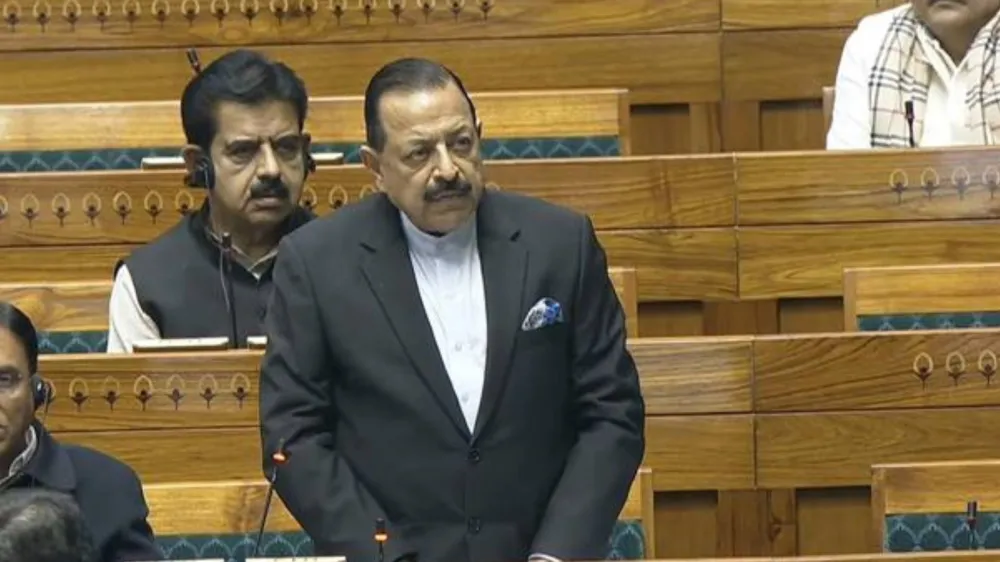
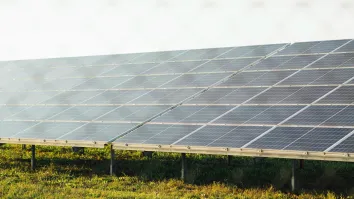
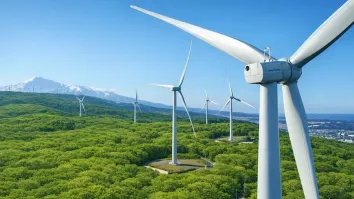

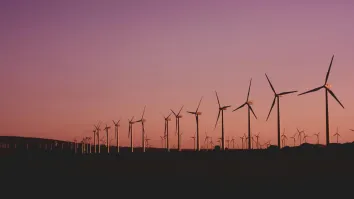













 Advertise
Advertise








